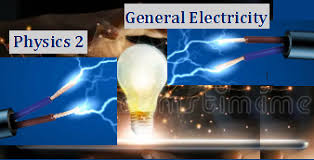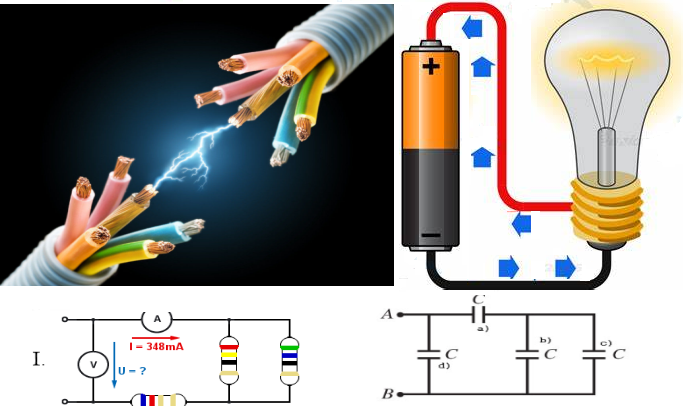Ce cours traite des propriétés, des classifications et des applications des matériaux en ingénierie. Il couvre les métaux, les polymères, les céramiques et les composites, en expliquant leurs structures et comportements. Des notions de fabrication, de traitement thermique et de résistance sont abordées. Enfin, l'accent est mis sur le choix des matériaux en fonction des exigences techniques et économiques.
- معلم: HAFSI Zoulikha
Le cours aborder des principes fondamentaux concernant la recherche scientifique et l'éthique dans le milieu universitaire. Il insiste sur l'importance de la rigueur intellectuelle, de l'objectivité, du respect des libertés universitaires et de l'intégrité académique. Les étudiants ont des droits relatifs à la formation, à l'évaluation, et à la sécurité, tout en étant responsables de respecter les règles déontologiques et d'agir de manière éthique. La réflexion éthique guide les décisions professionnelles en équilibrant les valeurs personnelles et les normes collectives .
- معلم: HAFSI Zoulikha

Physics 2 (Electricity) is intended for students in the fields of Materials Science (SM) or Science and Technology (ST). The Semester 2 electricity program consists of two main parts: The first includes the basic elements of electrostatic theory and Electrokinetics, which we present in Chapters 1, 2, and 3, and electromagnetism, which is the subject of Chapter 4.
- معلم: Sifia BELGHERRAS
The skills to be acquired are :
- The acquisition of a scientific basis in classical thermodynamics;
- The application of thermodynamics to various systems;
- The statement, explanation and understanding of the fundamental principles of thermodynamics.
- معلم: Mohammed AOUF

The physics_2 course (Electricity) is aimed at semester_2 of first-year students of ST-SM, it has four chapters, we start with a mathematical reminder, then we talk about the electrostatics as Coulamb's law, point charges and the electric field and potential, the distribution charges, Gauss's theorem and finaly the condutors in electrostatics equlibrium. in the third chapter we will discuss the electrokinetics and we end with the electromagnitism.
- معلم: Faycal CHOUIA
